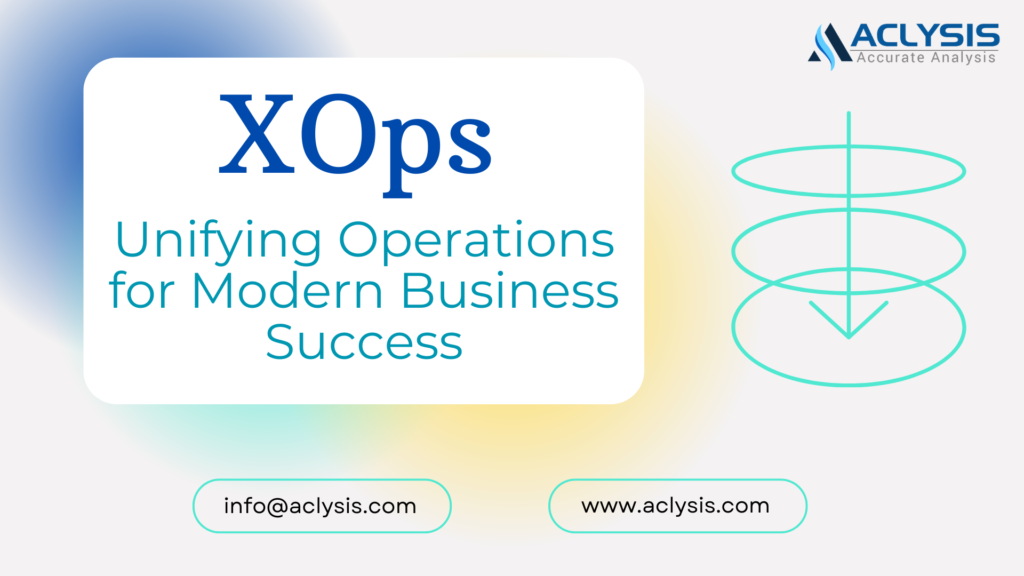
In today’s fast-paced digital landscape, businesses are continually seeking ways to optimize their operations, increase efficiency, and deliver value to customers at unprecedented speeds. Traditional siloed approaches to operations are becoming increasingly outdated in the face of complex technological ecosystems and rapidly evolving customer demands. Enter XOps, a revolutionary concept that aims to break down barriers between different operational functions and foster a culture of collaboration, automation, and continuous improvement.
XOps is an umbrella term that encompasses various “Ops” disciplines, such as DevOps, SecOps, DataOps, MLOps, and more. At its core, XOps promotes the integration and alignment of these disparate operational practices to streamline processes, accelerate innovation, and enhance overall business agility. By embracing XOps principles, organizations can effectively navigate the complexities of modern IT environments while delivering exceptional experiences to customers.
One of the key tenets of XOps is collaboration. Traditionally, different operational teams within an organization operated in isolation, leading to communication bottlenecks, inefficiencies, and missed opportunities for synergy. XOps encourages cross-functional collaboration, bringing together teams from development, operations, security, data, and beyond to work towards common goals. This collaborative approach fosters a shared understanding of objectives, promotes knowledge sharing, and enables faster problem-solving.
Automation is another fundamental aspect of XOps. With the proliferation of cloud computing, microservices architectures, and containerization, manual processes are no longer feasible for managing complex IT infrastructures. XOps advocates for the automation of repetitive tasks, such as code deployment, infrastructure provisioning, testing, and monitoring, freeing up valuable time and resources for more strategic initiatives. Automation not only accelerates the pace of delivery but also enhances reliability and reduces the risk of human error.
Furthermore, XOps places a strong emphasis on continuous improvement and feedback loops. By leveraging metrics, monitoring tools, and feedback mechanisms, organizations can continuously assess performance, identify areas for optimization, and iterate on processes in real-time. This iterative approach enables teams to adapt to changing requirements, address emerging challenges, and deliver value to customers more effectively.
Security is another critical aspect of XOps. In today’s threat landscape, organizations must prioritize security at every stage of the development and deployment lifecycle. SecOps, a core component of XOps, integrates security practices into the development and operations processes, ensuring that security is not treated as an afterthought. By embedding security controls, automating compliance checks, and implementing proactive threat detection mechanisms, organizations can mitigate risks and protect sensitive data more effectively.
In summary, XOps represents a paradigm shift in how organizations approach operations in the digital age. By breaking down silos, embracing collaboration, leveraging automation, and prioritizing security, businesses can achieve greater efficiency, agility, and innovation. However, successful adoption of XOps requires more than just technology—it requires a cultural transformation, with a focus on teamwork, accountability, and continuous learning. By embracing the principles of XOps, organizations can position themselves for success in an increasingly competitive and dynamic marketplace.

